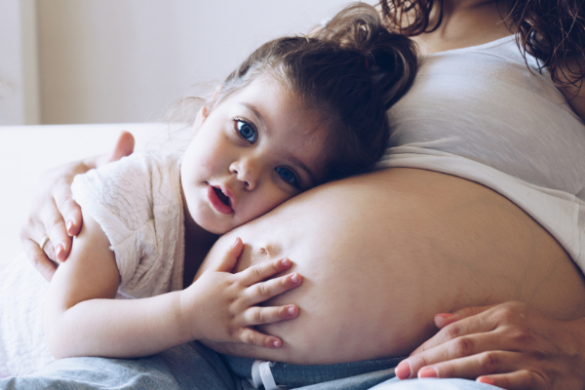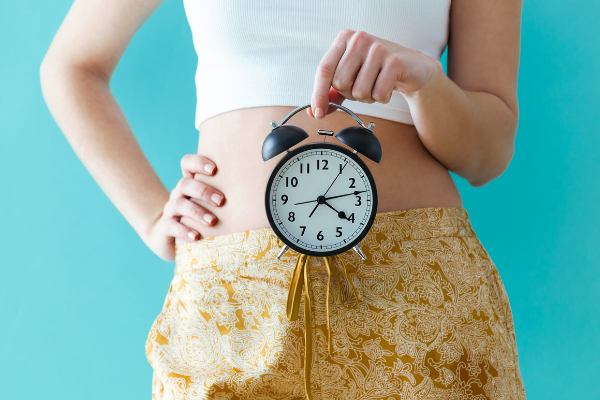Dr Sonya Jessup joins Mums of the Shire to help explain how age can affect your fertility and what you can do to ensure your decisions now, don’t detrimentally impact your choices later.
Do you still remember the moment you found out you were pregnant? And the first time you laid eyes on your baby? I’ll bet you do. Moments don’t get more precious.
Though pregnancy and childbirth are by no means a walk in the park, nothing worth having comes easy.
Even in Australia, where we are lucky to have a range of fertility services available, it is a sad truth that there are many older women who still go through rounds of fertility treatment without success and either end up needing to use donor eggs from a younger woman or accept that they will not have children.

It’s easy to get caught up with ideas like “I just want more time with my other child/children before bringing another baby into the family” or “I just want to finish my Masters” or maybe get that promotion before falling back into that newborn haze.
Learning about the effects of age on fertility may help you, or someone you know, make an informed and better decision for the futures of everyone involved.
4 fertility facts you should know
1. The older you are, the longer conception can take
For the majority of women with a projected age of menopause at 50, their natural fertility starts to decrease more sharply at the age of 37; approximately 13 years prior to menopause, and a much more prominent decline occurs after the age of 40.
Even if we have conceived easily in our late 20’s or early 30’s, without any significant fertility issues, increasing age has powerful effects on the genetic quality and internal energy supplies of our eggs. The number of remaining eggs also sharply decreases. This means that natural conception may take longer to occur for a second or third child, but also, if IVF were required, the number of eggs able to be collected is significantly reduced with age.
2. Your fertility may be affected by family history
If there is a family history of early menopause, a woman may be projected to go through menopause at the age of 45. Again, her natural fertility starts to rapidly decline 13 years earlier, but this process then starts to have a significant impact from the age of 33 instead of 37.
3. Medical conditions have cumulative effects
Other factors also play a part in decreasing fertility with age. As we get older we are more likely to be slightly heavier and are more likely to have developed other medical conditions such as diabetes or thyroid disease. Any known medical conditions are more likely to have progressed such as endometriosis or fibroid growth, and the cumulative effects of alcohol, smoking and general toxins in our environment all play small but important parts.
4. Your partner impacts your chances too
Although male fertility does not decrease as rapidly as female fertility, older males still are more likely to have lower sperm counts, with negative changes in motility and increased rates of free radical damage.
Find out about your fertility
As fertile as you may feel, if it’s your aim to have more children, it’s important that you’re aware of the potential hurdles of having another baby.
Education is key to giving women realistic options. Seeking a fertility assessment or exploring the possibility of freezing your eggs for the future, may give you the peace of mind you need and save you from feeling the pressures of the ticking body clock.
A fertility assessment involving an evaluation of the uterus and fallopian tubes can be performed in women with no risk of obstruction. Especially if you have a history of endometriosis, pelvic infections, or ectopic pregnancy, then an evaluation is highly recommended.

Women who are worried by the risks that come with aging, but are not yet ready to have a baby they may one day want, are also lucky enough to have the option of freezing their eggs. This empowering move means you can put yourself first and don’t have to rush into finding a partner, finishing your studies or sacrificing upward moves in your career.
So many of my patients have said that if they’d only realised earlier how important their age was to their fertility, they would have made different choices.
If you’re considering having another baby though, it’s important to realise the difference that just a couple of years can make if you’re already in your mid-30s. And we’re giving you these facts not to scare you, but so you can make a fully-informed decision that will benefit you and your family long-term.

